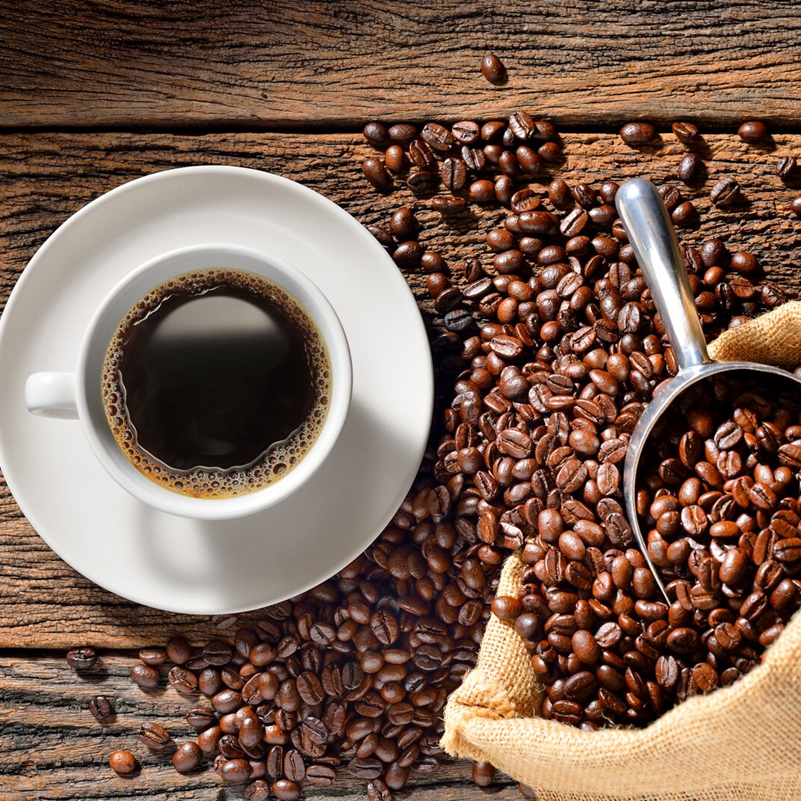22 Sep 2021 — Blue Bottle Coffee, a global network of cafes in the US and Asia, has pledged to achieve carbon neutrality by 2024. This extends to the entire brand from coffee and ingredient sourcing to guest-use and end-of-life greenhouse gas (GHG) emissions for product and packaging.
Blue Bottle will attain carbon neutrality for its GHG emissions first by reducing as much as possible. A key part of this is to work with coffee producers to sustain and expand regenerative agricultural practices.
This supports carbon removal and high-quality offsetting projects for unabated GHG emissions.
In September 2017, Nestlé acquired a majority stake of Blue Bottle for an undisclosed sum.
Beneficial agriculture
Blue Bottle bolstering its environmental targets represents a significant next step towards the brand’s long-term sustainability goals and reducing GHG emissions.
This year, the company focused on reducing GHG emissions across four key areas: coffee sourcing, electricity, dairy and waste.
The company also stresses its commitment to help scale regenerative agriculture as part of its 2024 carbon neutrality target. Blue Bottle made a multi-year commitment to purchase the first available high-quality, registry-certified agricultural carbon credits.
Produced by Carbon by Indigo, these credits support US farmers transitioning toward more beneficial agriculture from conventional practices.
In 2022 the company will publish its accelerated roadmap to achieving carbon neutrality by 2024.
“Since our founding in 2002, sustainability has been a core value at Blue Bottle. Sustainability for us means caring for people and the planet,” says Karl Strovink, CEO of Blue Bottle Coffee.
Coffee sourcing
This next major milestone of carbon neutrality by 2024 will involve fundamental changes to Blue Bottle’s business operations and partnerships with suppliers.
During the past year, Blue Bottle has completed its first round of sustainability audits across most of its coffee purchasing. Audit reports will assist Blue Bottle in integrating climate targets into its work with coffee suppliers.
Blue Bottle also reduced GHG emissions associated with its electricity usage first in the US and Japan by purchasing renewable energy certificates for a portion of cafes and one production site.
It also led the change to introduce oat milk in its Asia markets, having long offered oat milk at no extra charge in US cafes. In June 2021, test cafes in Northern and Southern California markets invoked oat milk as the default in milk-based drinks for in-cafe and mobile orders, resulting in 8% less cow’s milk use in these cafes.
Blue Bottle says it is on track to achieve zero waste operations for half its US cafes by the end of 2021, to reach all US cafes by 2023. This target requires cafes to divert 90% of their waste from landfills, incineration, or the environment. Blue Bottle’s Jackson Square cafe opened this spring with zero-waste operations, reaching a 98% diversion rate in its first month.
In 2022, Blue Bottle will scale zero-waste operations to its US production sites and begin implementation in Asia.
Edited by Gaynor Selby

